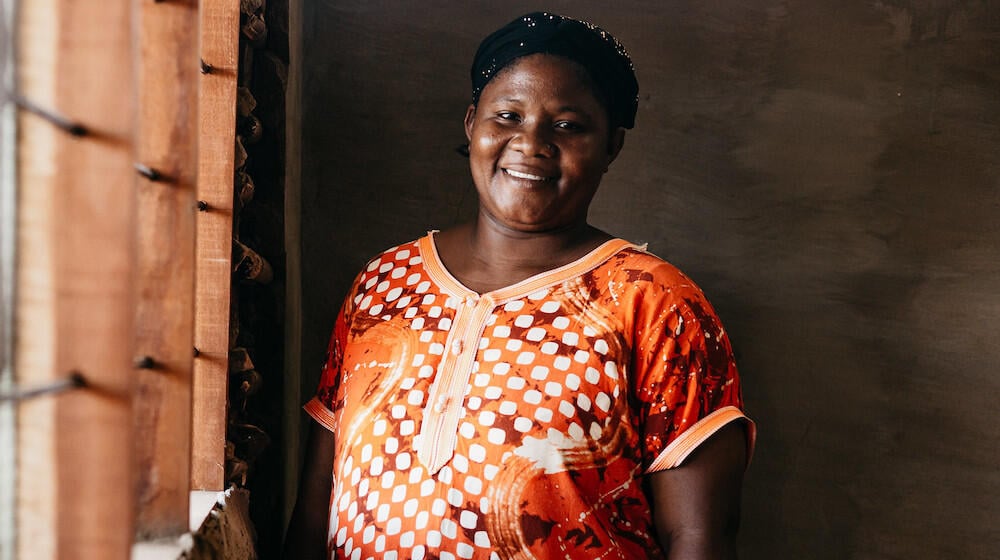HARARE, Zimbabwe, 4 December 2023 – The 22nd International Conference on AIDS and Sexually Transmitted Infections (ICASA) opened with a resounding call from key development partners – including UNFPA, the United Nations sexual and reproductive health agency – to increase investments significantly, emphasizing the imperative to strive collectively towards ending AIDS by 2030.
ICASA, one of the largest HIV and AIDS conference in Africa, was themed for 2023 “AIDS is Not Over: Address Inequalities, Accelerate Inclusion and Innovation”. The event was opened by the President of Zimbabwe, His Excellency Emmerson Mnangagwa, and drew participation from all over the world. Key speakers at the opening ceremony included the UNFPA and UNAIDS Executive Directors, Dr Natalia Kanem and Winnie Byanyima, respectively. The opening ceremony featured young people living with HIV and with disabilities.
At the event, UNFPA emphasized the urgent need for more concerted efforts to combat HIV in Africa. The fight against AIDS must be intensified post COVID-19 to achieve the global goal of ending it as a public health threat by 2030.
UNFPA Executive Director Dr. Kanem said, “We have the tools to end new HIV infections and make AIDS history. What we require is sustained financing and commitment at the political and community levels, and above all, inclusion and respect for the rights of all people.”
Despite representing less than 8 per cent of the global population, East and Southern Africa remains the focal point of the epidemic. In 2022, HIV accounted for 660,000 of 1.3 million new infections globally, with half occurring in sub-Saharan Africa. This underscores the pressing need for intensified efforts to combat the spread of HIV in the region.
In addition, 4000 adolescent girls and young women aged 15–24 years became infected with HIV each week globally in 2022. At least 3100 of these infections occurred in sub-Saharan Africa.
In sub-Saharan Africa, women and girls (all ages) accounted for 63 per cent of all new HIV infections in 2022. A concern is the high HIV prevalence rate among adolescent girls and young women. In 2022, adolescent girls and young women accounted for more than 77 per cent of new infections among young people aged 15-24 years.
“We should never relax; AIDS is not over. The pandemic remains one of the salient threats to sustainable socio-economic development. It is commendable that we have made progress and positive outcomes through our robust interventions, which are infusing hope that we can indeed eliminate AIDS,” said President Mnangagwa.
“Many countries in Africa, including Zimbabwe, have already achieved the 95-95-95 fast track targets,” he continued. “This is applauded. Congratulations. In the case of Zimbabwe, between 2018 and 2022, our country managed to reduce new HIV infections as well as AIDS-related deaths. We are committed to addressing the gaps and inequalities that exist in access to HIV services to sustain this progress and push back the HIV frontiers, to end AIDS by 2030.”
The conference runs from 4 to 9 December 2023.
For more information, please contact:
UNFPA Regional Communications Advisor, Daisy Leoncio: leoncio@unfpa.org; tel: +13474919154
UNFPA Zimbabwe, Communications Specialist, Bertha Shoko: shoko@unfpa.org; tel: +263772782299


